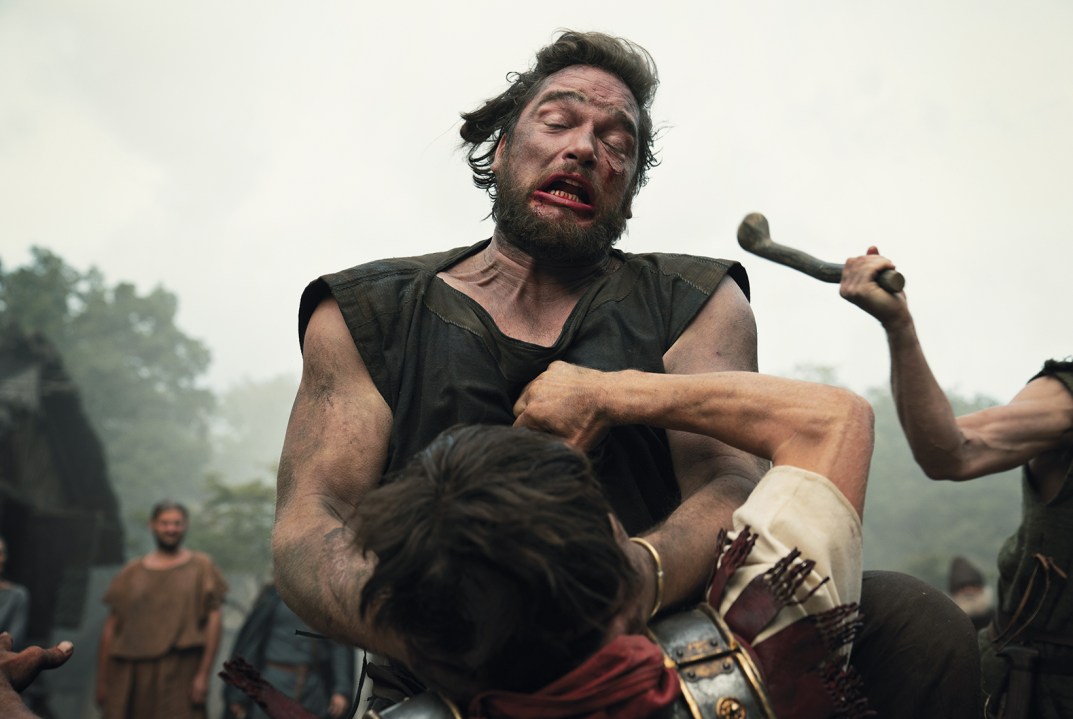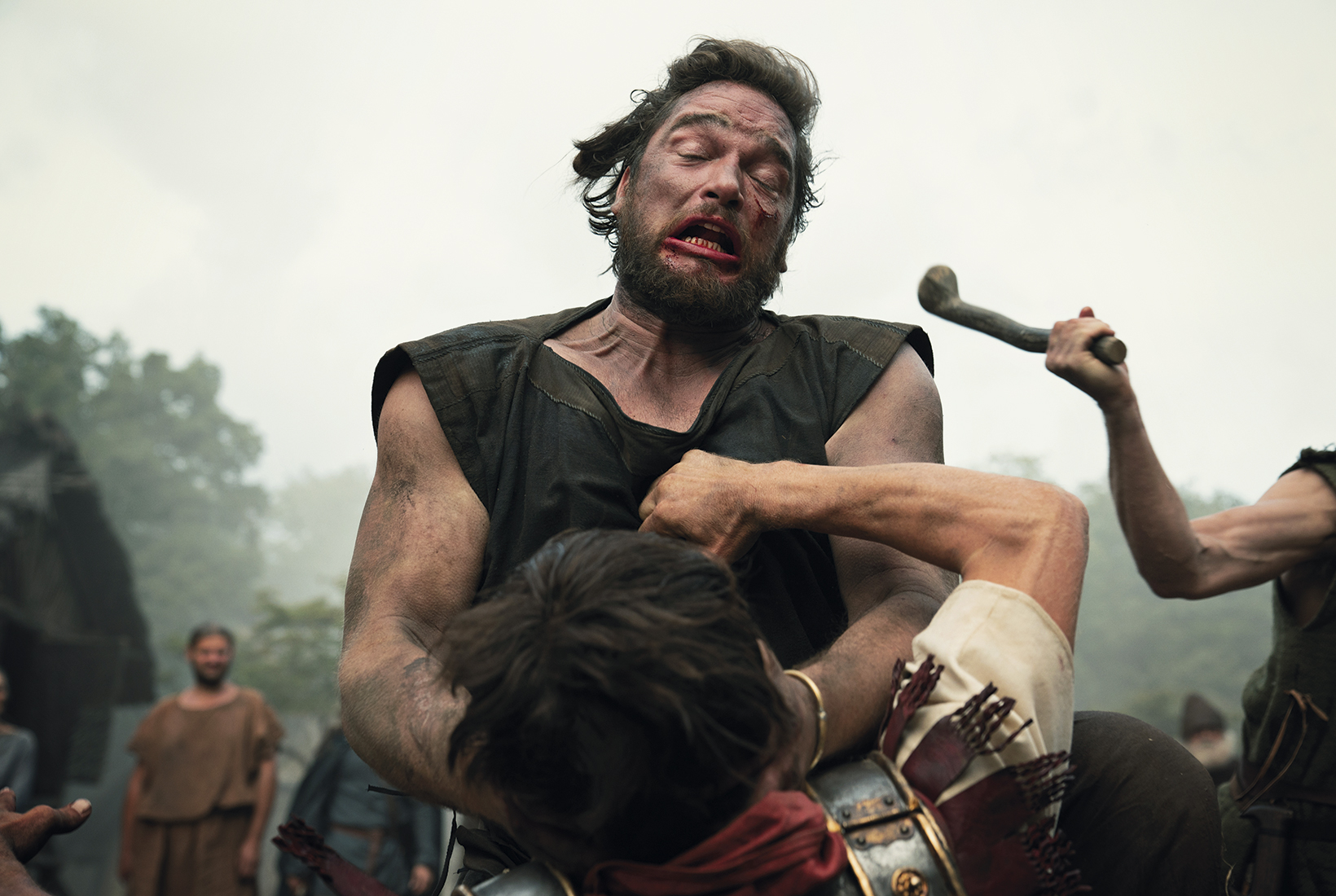Of all the times and places to have been on the wrong side of history, I can’t imagine many worse than to have been a Roman legionnaire in the Battle of the Teutoburg Forest in the year 9 AD. It was the Romans’ Isandlwana — a devastating defeat inflicted by native forces on what was theoretically the world’s most sophisticated, best trained, and almost insuperable military power.
Over the years since I first learned about arrogant, tricked, doomed Roman commander Varus and his three legions (about 20,000 men, almost none of whom got out alive), I’ve often mused pityingly on how it must have felt: trapped in the gloomy forest, hemmed in by a bog, waiting to be slaughtered by hammer, axe or javelin by the hairy, painted, blood-crazed Germanic barbarians. Not this year, though. What I’ve finally understood in 2020 is that those Roman bastards had it coming.
And I don’t think I’m the only one who feels this way. Barbarians, a German-language adaptation of the story by Arne Nolting and Jan Martin Scharf, is one of the top-rated dramas on Netflix. One reason for its popularity, I’m sure, is that we’re all sick to the teeth of remote, bullying, supranational entities telling us how to live our lives. We want our Teutoburg Forest and we want it now.
This is one of the TV events of the year: in one episode, it approaches pure genius
At the moment, sadly, we’re sorely lacking an Arminius to lead us to victory. Arminius (Laurence Rupp) was the German nobleman, snatched as a child hostage from his Cherusci tribe and brought up as a Roman, who rose to the rank of equestrian but then betrayed his own adoptive people by leading their army into a trap.
It’s such a powerful, mythopeic story that any dramatisation of it was bound to be worth a watch.










Comments
Join the debate for just £1 a month
Be part of the conversation with other Spectator readers by getting your first three months for £3.
UNLOCK ACCESS Just £1 a monthAlready a subscriber? Log in